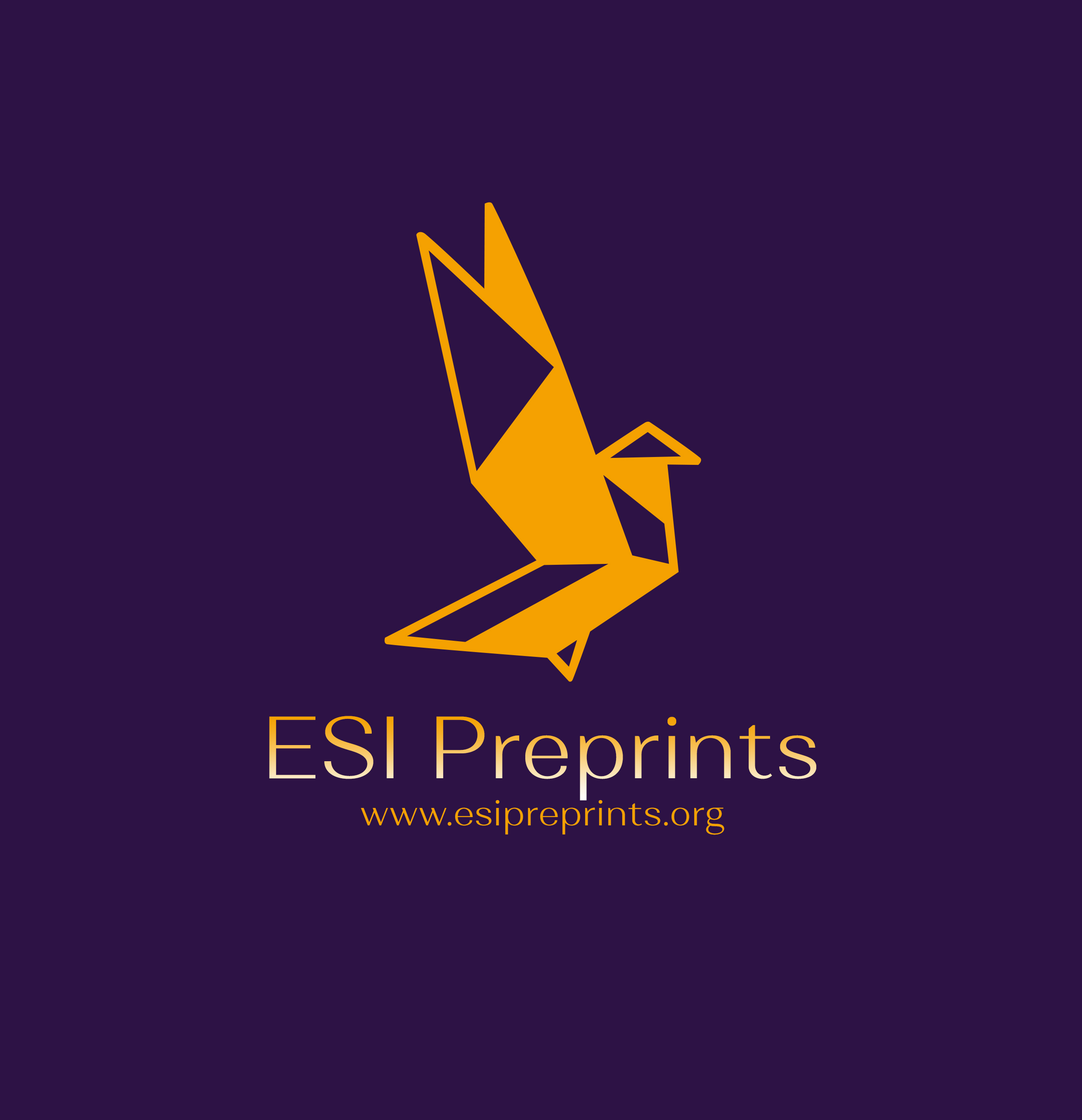Is There a Role for the International Community in Palestinian State-building?
Abstract
The European Union is known to be in favour of a two-state solution, but the question arises whether the two-state solution is a pan-European position, or there are Member States that have a "separate" policy, either in support of their national interests or because of historical and religious traditions and might have a different vision of the Middle East peace process.
In my research, I am looking for answers to the question about the existing role of the international community in the creation of a Palestinian state. As a precondition for the emergence of an independent state, I hypothesize that EU member states do not recognize unanimously the legitimacy of a Palestinian State, despite the European Union's collective belief in the creation of a two-state solution. The research also highlights that the parties involved in state-building and peacebuilding do not necessarily shape their relations and policies in the interests of the international community. The Israeli-Palestinian peace process can partly facilitate the creation of a Palestinian State. Individual interpretations of the agreements and inflexibility on both sides have meant that neither the peace process nor state-building has made much progress in recent decades. In the research methodology, I conducted theoretical and empirical research and examined the resolutions of the UN General Assembly between 2012 and 2022. For each resolution, I examined the voting mechanism of the EU Member States in terms of whether they support the creation of Palestine or whether they support Israel. The evaluation of these results and the drawing of independent conclusions are the individually added values of the research. I draw conclusions from the voting mechanisms I have evaluated and from the involvement of the international community as to whether the involvement of the international community in state-building has been effective.
Downloads
References
2. Dimitris Bouris (2019) Unintended Consequences of State-building Projects in Contested States: The EU in Palestine, The International Spectator, 54:1, 92-95, 92-96, 96-97, 97-100
3. Max Weber (1970) Állam, Politika, Tudomány. Közgazdasági és Jogi Könyvkiadó. Budapest
4. Nagy Milada (2017) A palesztin államiság kérdése és a nemzetközi közösség. Mediterrán és Balkán Fórum. XI. évfolyam 1. szám Pécs pp. 38-40, 40-42, 40-44, 44-46.
5. https://documents1.worldbank.org/curated/en/960071513228856631/pdf/ACS22471-REVISED-Palestine-Trade-Note-Web.pdf Downloaded:01.07.2023
6. https://www.france24.com/en/middle-east/20221231-un-asks-icj-to-consider-consequences-for-israeli-occupation-of-palestinian-territories Downloaded:01.08.2023
7. https://research.un.org/en/docs/ga/quick/regular/76 Downloaded 01.06.2023
Copyright (c) 2023 Marton Seidner

This work is licensed under a Creative Commons Attribution-NonCommercial-NoDerivatives 4.0 International License.








